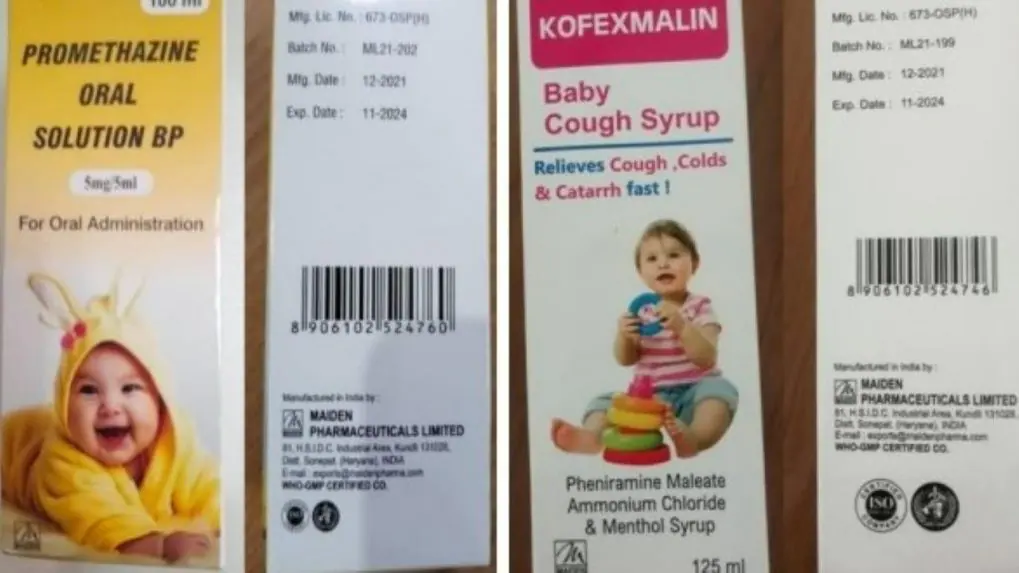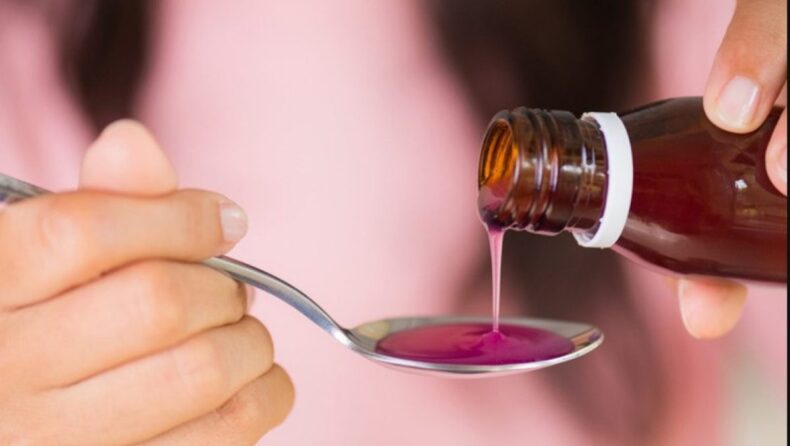On Monday, the World Health Organization (WHO) raised an alarm regarding a shipment of common cold syrup manufactured in India and distributed in Iraq. The organization discovered that the product was tainted and posed potential hazards to those who might consume it, deeming it unfit for safe consumption.
The product in question, known as Cold Out, was available for purchase in Iraq and had been produced by Fourrts (India) Laboratories on behalf of Dabilife Pharma. Following an investigation, the international health organization identified that the syrup contained elevated levels of contaminants—namely, diethylene and ethylene glycol—beyond the established safe thresholds, as reported by Reuters news agency.
Within its medical product advisory, the WHO indicated that the specific batch of syrup contained 0.25 percent diethylene glycol and 2.1 percent ethylene glycol. These levels exceed the permissible safety thresholds for both substances, which are established at up to 0.10 percent.
The World Health Organization stated that neither the manufacturer nor the marketer furnished the agency with assurances regarding the quality and safety of the product. As of now, the implicated companies have not yet addressed the accusations or responded to the alert issued by the WHO.
Up to this point, a total of five syrups produced by Indian manufacturers have raised concerns due to contamination.
In the previous month, the Central Drugs Standard Control Organisation (CDSCO), working alongside State Drug Controllers from Madhya Pradesh, took action by instructing pharmaceutical company Riemann Labs to cease the production of their cough syrup. This decision was made in response to the syrup being associated with the unfortunate deaths of children in Cameroon.
Subsequent to the WHO’s issuance of an alert concerning cough syrup distribution in Cameroon, it was revealed through analysis that the product contained levels of diethylene glycol as contaminants that exceeded acceptable limits.
Other Incidents
Regarding the situation in Cameroon, a collaborative investigation was carried out by CDSCO’s Indore sub-zone in conjunction with SLA, Madhya Pradesh, at M/s Riemann Labs in Indore. The State Drugs Controller of Madhya Pradesh subsequently issued a directive to cease the manufacturing operations of the company, based on the outcomes of this examination. This information was conveyed by Minister of State (MoS) for Health, Bharati Pravin Pawar, in a written response provided in the Rajya Sabha on Tuesday.
On July 19, the World Health Organization (WHO) released an advisory concerning cough syrup distribution in Cameroon. The alert reported that an analysis had identified the presence of “unacceptable levels of diethylene glycol as impurities” within the product.

The producers of Naturcold indicated paracetamol, phenylephrine hydrochloride, and chlorpheniramine maleate as the active components. These three ingredients are combined to alleviate symptoms linked to conditions such as influenza, the common cold, and allergic rhinitis, as stated by the international health organization
Previously, cough syrups originating from India were reportedly associated with the unfortunate loss of lives, with 66 children in the Gambia and 18 children in Uzbekistan falling victim to these incidents last year.
Statements from Iraq
Although the World Health Organization has connected cough syrup-related fatalities to medications manufactured in India, the nation’s pharmaceutical exports are projected to reach USD 27 billion in the current fiscal year. This growth rate is nearly twice as rapid as the previous year’s expansion.
In the previous fiscal period, pharmaceutical exports from India experienced a 3.25 percent increase, attaining a total of USD 25.4 billion. Projections indicate that these exports are anticipated to expand by around 6.3 percent during the current fiscal year, potentially reaching the milestone of USD 27 billion.













